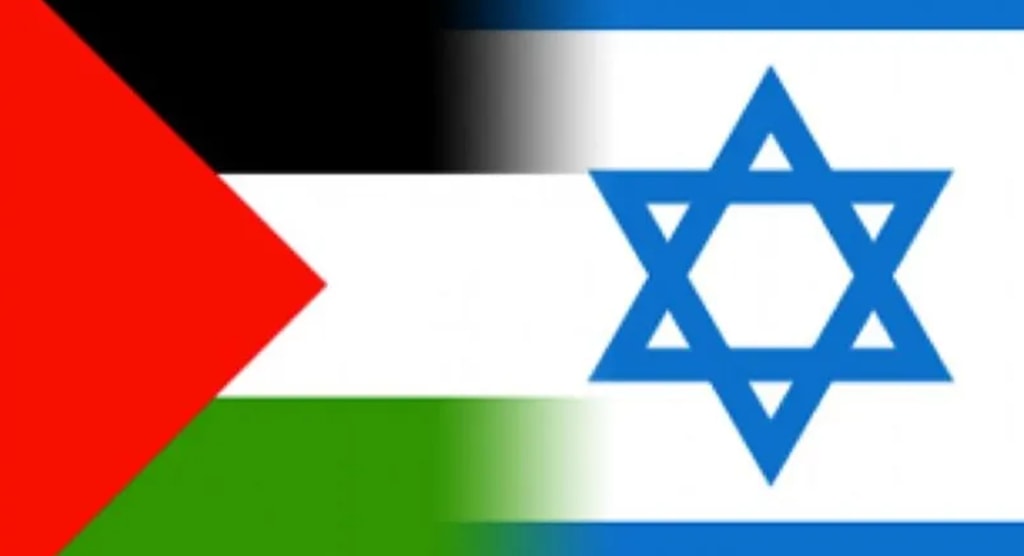The Israel-Palestine Conflict: A Century of Struggle
A Century of Struggle: Unpacking the Israel-Palestine Conflict

The Israel-Palestine conflict is a deeply rooted and complex issue that has captivated the world's attention for decades. Contrary to the misconception that this conflict has been raging for centuries due to ancient religious hatreds, it is primarily a dispute between two groups of people claiming the same land. The roots of this conflict can be traced back to the early 20th century, with significant developments occurring in the years that followed.
Historical Background
In the early 1900s, the region known today as Israel-Palestine was part of the Ottoman Empire, characterized by religious diversity, encompassing Muslims, Christians, and a minority of Jews living harmoniously. However, two crucial transformations were underway:
Emergence of Palestinian Identity: People in the region began to develop a distinct national identity as Palestinians, moving beyond their ethnic Arab identities.
Rise of Zionism: In Europe, the Zionist movement gained momentum, advocating for the establishment of a Jewish state in the historic homeland of the Middle East. This idea was fueled by centuries of persecution against Jews, and they saw their best hope for safety in the region.
Tensions Escalate
Following World War I, the British Empire assumed control of the region, known as the British Mandate for Palestine. Initially, the British allowed Jewish immigration, but as more Jews arrived, tensions with the local Arab population grew. Both sides engaged in acts of violence, leading to the British restricting Jewish immigration in the 1930s.
The UN Plan and the Birth of Israel
The turning point came in 1947 when the United Nations approved a plan to divide British Palestine into two separate states: Israel for Jews and Palestine for Arabs. Jerusalem was designated as a special international zone to accommodate the holy sites of three major religions. While the Jews accepted the plan and declared independence as Israel, many Arabs viewed it as an extension of European colonialism.
The Arab-Israeli War and Its Aftermath
As Arab states declared war on Israel, a conflict erupted, culminating in Israel's victory. In the process, Israel expanded its territory beyond the UN plan, took control of Jerusalem, and expelled large numbers of Palestinians from their homes, resulting in a significant refugee population. Israel ended up controlling most of the territory, except for Gaza (controlled by Egypt) and the West Bank (controlled by Jordan).
The Occupation Era
The 1967 Six-Day War led to Israel's occupation of the Palestinian territories, including East Jerusalem. While peace agreements were made with some Arab states, the Israeli-Palestinian conflict persisted. The establishment of Israeli settlements in the West Bank and Gaza became a key point of contention, leading to further displacement of Palestinians.
The Ongoing Struggle
Efforts to achieve a lasting peace, including the Oslo Accords in the 1990s, faced opposition from hard-liners on both sides. Violent confrontations, including the First and Second Intifadas, brought more suffering to both Israelis and Palestinians. Israel's security measures and the blockade of Gaza exacerbated the situation, making peace even more elusive.
The Current Dilemma
The Israel-Palestine conflict remains unresolved and unsustainable. It continues to affect the lives of millions, with no clear path to a comprehensive solution. The future remains uncertain, with potential for further conflict or a dramatic shift in the dynamics of the region.
Conclusion
The Israel-Palestine conflict, often misunderstood as a centuries-old religious feud, is rooted in more recent historical developments. It is a complex issue characterized by displacement, competing national aspirations, and ongoing struggles for peace. The need for a just and lasting resolution remains a global concern, with the hope that a brighter future can be achieved for both Israelis and Palestinians.





Comments
There are no comments for this story
Be the first to respond and start the conversation.